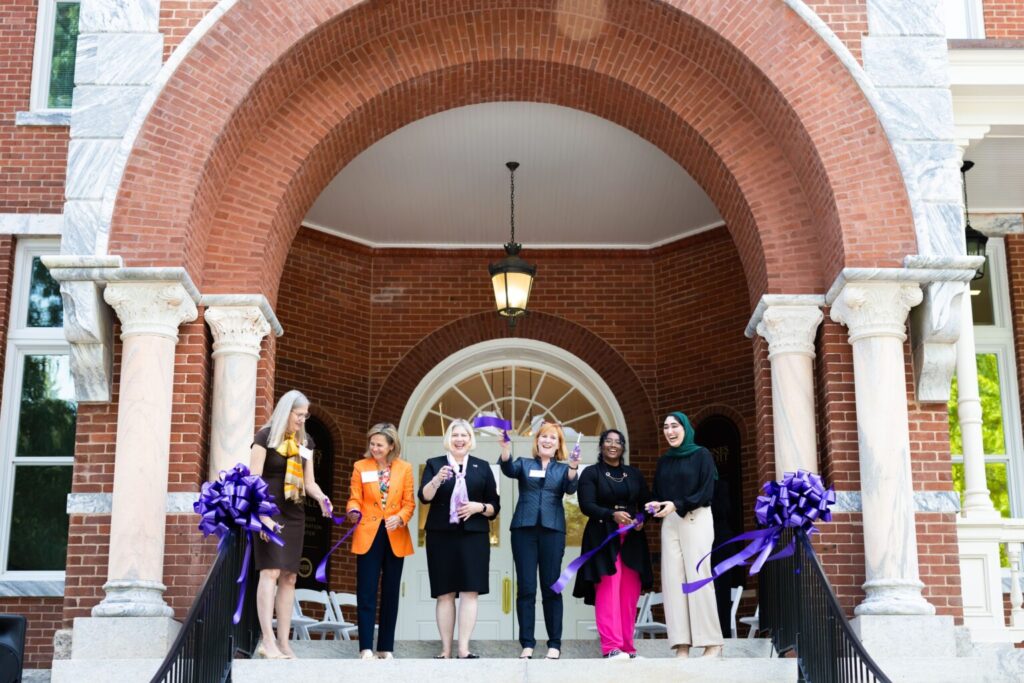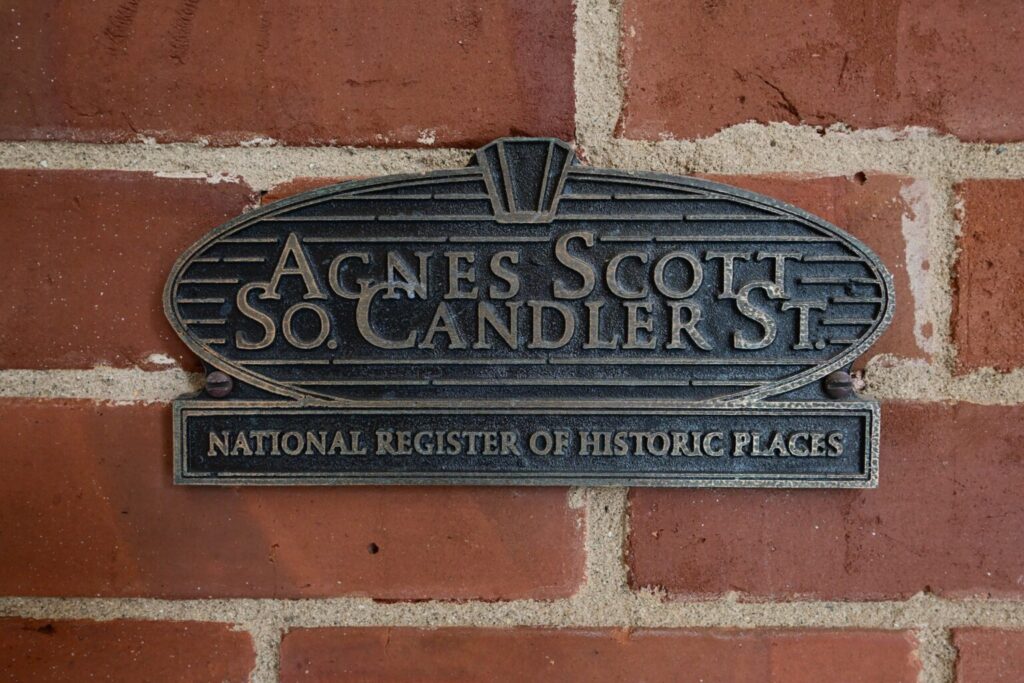Agnes Scott College’s Main Hall—an iconic building that has served as the architectural centerpiece of the Decatur, Ga.-based college since 1891—has been certified LEED Platinum, the highest level in the LEED (Leadership in Energy and Environmental Design) certification rating system.

Following a renovation project, Main Hall now joins Rebekah Scott Hall as the college’s second building to achieve LEED Platinum status.
“We’re thrilled to accept this recognition from the world’s most widely used green building rating system,” said Kimberly Reeves, executive director of the college’s Center for Sustainability. “Agnes Scott’s commitment to sustainability is an active part of our campus identity and supports our goal to become carbon neutral by the time of our 150th anniversary in 2037.”
Jenkins Peer Architects, Holder Construction, and engineering firm Newcomb & Boyd served as partners with Agnes Scott on the project—the same team that facilitated upgrades to Rebekah Scott Hall.
Developed by the U.S. Green Building Council (USGBC) to evaluate the environmental performance of buildings, the LEED system awards Platinum status only to those projects that adhere to the highest standards of green building and that demonstrate the value of environmental, social, and governance (ESG) initiatives.
Platinum-certified buildings have earned at least 80 out of a possible 110 points in the LEED system. Points are awarded for achievements in energy efficiency, water conservation, and indoor environmental quality; these can include the use of high-efficiency HVAC systems, LED lighting, and low-flow toilets and showerheads, as well as solar panels and other renewable energy sources. In this instance, Main Hall scored a total of 89 points.
Qualifying upgrades to Main Hall include a new 184-kilowatt solar panel array that provides 58% of the building’s total electric load. Main Hall prioritized high performance in energy efficiency, renewable energy production, indoor air quality, water conservation, historic preservation, and materials selection.

“The fact that we have now upgraded the college’s two oldest buildings to LEED Platinum standards—thereby offsetting the need for environmentally disruptive new construction—is itself a major contributor to campus sustainability,” said Reeves.
In 2008, Agnes Scott’s board of trustees passed a resolution that all new construction and renovation on campus must meet the standards of LEED Silver or higher. This board guidance has been pivotal in the application of green building renovations. Agnes Scott now features four LEED-certified buildings on its 100-acre campus.
